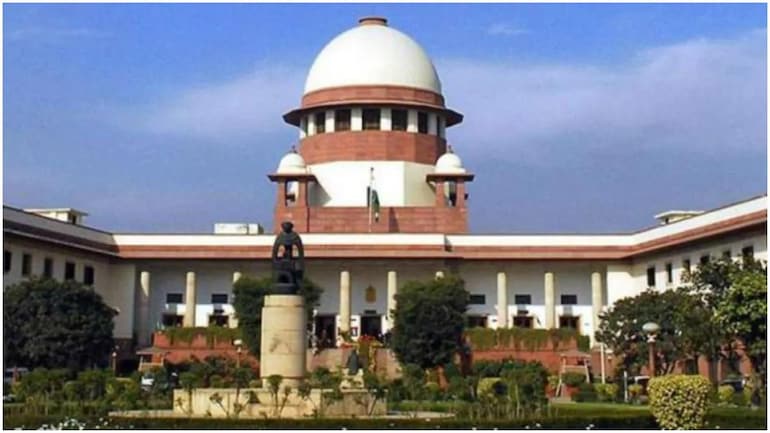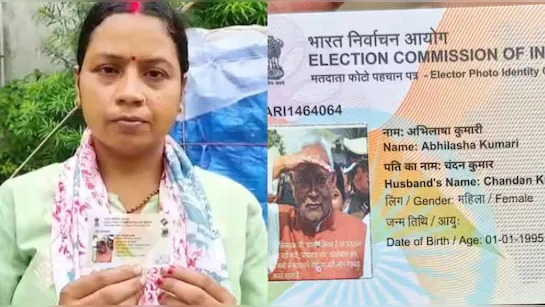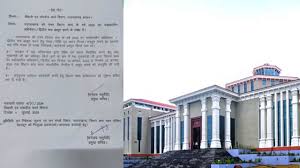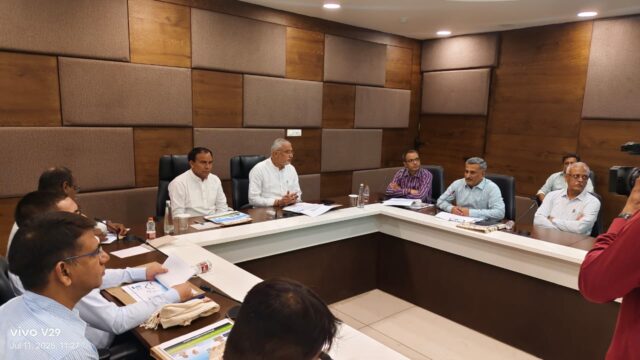Both judges of the Supreme Court disagreed, the matter was referred to the CJI

A two-judge bench of the Supreme Court on Thursday delivered its verdict on Karnataka’s hijab dispute and both judges differed on the matter. After this, the matter has been referred to the Chief Justice of India UU Lalit (CJI UU Lalit) and he has been requested to hear it in a larger bench. After the decision of both the judges of the Supreme Court separated, the decision of the Karnataka High Court on Karnataka Hijab ban will stand and the ban on Hijab will also continue until further orders.
Both judges of the Supreme Court gave this decision
In the court, Justice Hemant Gupta first read his judgment and said that he is rejecting the petition against the Karnataka High Court’s decision. Justice Sudhanshu Dhulia dissented and rejected the Karnataka High Court’s decision. Along with this, he also rejected the government order, which banned the wearing of hijab in educational institutions. Justice Sudhanshu Dhulia said that in his judgment he mainly emphasized the concept of compulsory religious practice, which is not the crux of the dispute. He said that the Karnataka High Court has taken the wrong path and wearing hijab is ultimately a matter of choice, nothing more.
After 10 days of hearing, the bench reserved the verdict
On March 24, the petitioner approached the Supreme Court against the Karnataka High Court. In the court, the bench of Justice Hemant Gupta and Justice Sudhanshu Dhulia held a heated debate on the hijab controversy for 10 days. During the cross-examination, the Muslim party at one point compared the hijab to a turban and a cross, on which Justice Hemant Gupta made a sharp comment. After a ten-day hearing, the bench reserved its verdict on September 22.
The petition was dismissed by the Karnataka High Court
The Karnataka High Court on March 15 dismissed the petitions by a class of Muslim girls of the Government Pre-University Girls’ College in Udupi to allow them to wear hijab inside the classrooms. The High Court said that wearing hijab is not part of essential religious practice in Islam.
What is whole matter?
The Hijab controversy in Karnataka started in early January this year with a government college in Udupi where Muslim girls were barred from wearing hijab. The school management said it was against the uniform code. After this the dispute spread to other cities of Karnataka. The matter reached the court and the Karnataka High Court rejected the plea of the girl students to wear hijab in class. In a judgment on March 15, the High Court argued that wearing the hijab is not part of the essential practice of Islam. Therefore, the state order to follow the uniform in schools and colleges is valid. Even after that decision, the dispute did not stop and the matter reached the Supreme Court.






